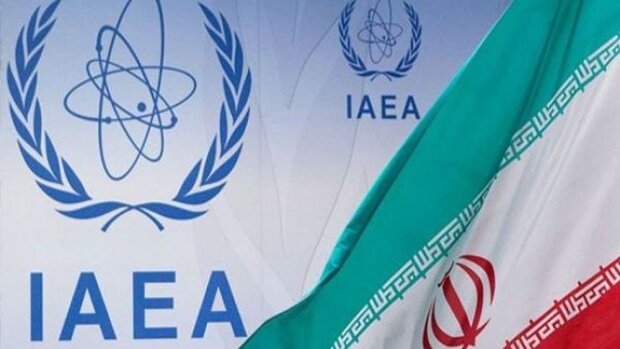"We did not shut down the IAEA monitoring activities. We just removed the extra cameras beyond Safeguards Agreement," Mohammad Eslami Head of Atomic Energy Organization of Iran (AEOI) told the national TV on Tuesday afternoon.
"Cameras beyond the Safeguards Agreement mean the JCPOA document, while the Safeguard Agreement cameras are still in place," the top Iranian nuclear official said.
Eslami also pointed out that the IAEA is still continuing its monitoring in Iran in accordance with the Safeguards Agreement and the removal of the cameras took place in the presence of the IAEA inspectors.
"We are acting as per the protocols and the protocols are still in place within the framework of the Safeguards Agreement," he added.
The AEOI chief also said that no one in Iran thinks there is a tension between Iran-IAEA relations, stressing that Iran only opposed and condemned the influence and the control that was on the agency.
In response to a question about whether Rafael Grossi, the IAEA director general, has any plans to visit Iran, Eslami said, "We have no plans for his visit to Iran."
"We have condemned the political, non-legal and illegal moves by the agency and will continue to condemn such behavior," Eslami underscored.
"We have no problem continuing to cooperate with the IAEA, provided they meet their obligations in accordance with the JCPOA. The IAEA must continue its job in relation to us in accordance with the safeguards."
Iran strongly condemned the Western-drafted resolution at the IAEA’s Board of Governors on Wednesday.
Iran retaliated the resolution by disconnecting and removing dozens of IAEA surveillance cameras that were installed in different Iranian nuclear sites beyond the Safeguards Agreement between Tehran and the agency.
It has also started fueling advanced IR-6 centrifuges as part of the reaction to the Western-drafted resolution at the IAEA.
Tehran has vowed it will take other measures if the IAEA continues its illegal moves.
KI


























Your Comment